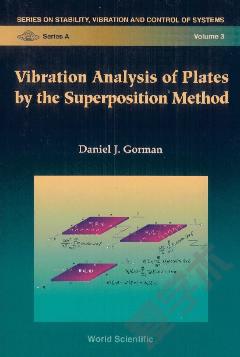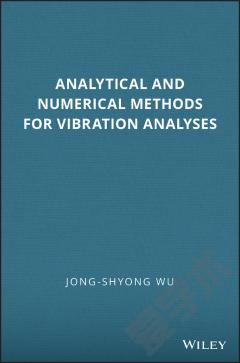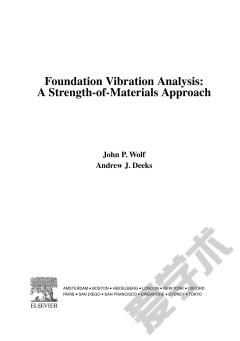Vibration Analysis Of Plates By The Superposition Method
The elegance and logic of the superposition method have made it a highly attractive analytical procedure for obtaining accurate mathematical solutions to plate vibration problems. Its applicability to vast families of these problems, ranging from the dynamic behaviour of isotropic and orthotropic plates to laminated plate behaviour, is well demonstrated in the technical literature.Now, at last, a comprehensive book is made available to those who wish to use this powerful analytical technique. Beginning with a thorough and lucid introduction to the superposition method as it applies to free vibration of thin isotropic rectangular plates, with all combinations of classical boundary conditions, the book describes procedures for handling vast families of realistic practical plate vibration problems. These include orthotropic plates, point-supported plates, plates resting on elastic edge supports, plates with in-plane forces, buckling of plates, etc. The reader is subsequently introduced to utilization of the superposition method for the analysis of thick Mindlin plates as well as transverse-shear-deformable laminated plates. Particular emphasis is placed on plate free vibration analysis, with a list of pertinent publications attached to each chapter.The superposition method is unique in that all solutions obtained satisfy the governing differential equations exactly throughout the entire domain of the plate. The boundary conditions are satisfied to any desired degree of accuracy.Despite the attractive features of this analytical method, many researchers and designers have access only to published papers related to particular problems. With this new book, they have for the first time a comprehensive, illustrated description of the means of exploiting the superposition method. They will be able to prepare their own computer schemes and analyse any plate vibration problem of interest.
{{comment.content}}








 京公网安备 11010802027623号
京公网安备 11010802027623号